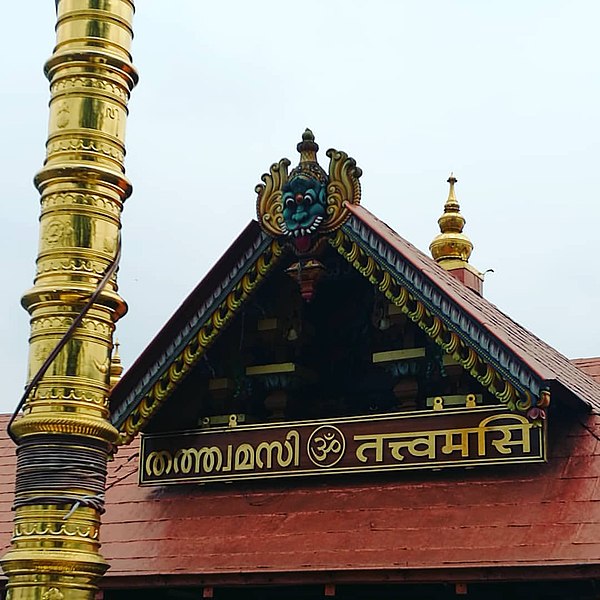Infinite photos and videos for every Wiki article ·
Find something interesting to watch in seconds
Orders and Medals
Wonders of Nature
Celebrities
Richest US Counties
History by Country
World Banknotes
Great Cities
Countries of the World
Ancient Marvels
British Monarchs
Kings of France
Great Artists
Rare Coins
Recovered Treasures
Tallest Buildings
Great Museums
Largest Empires
Famous Castles
Largest Palaces
Presidents
Animals
Supercars
Crown Jewels
Wars and Battles
Best Campuses
Sports
more top lists






